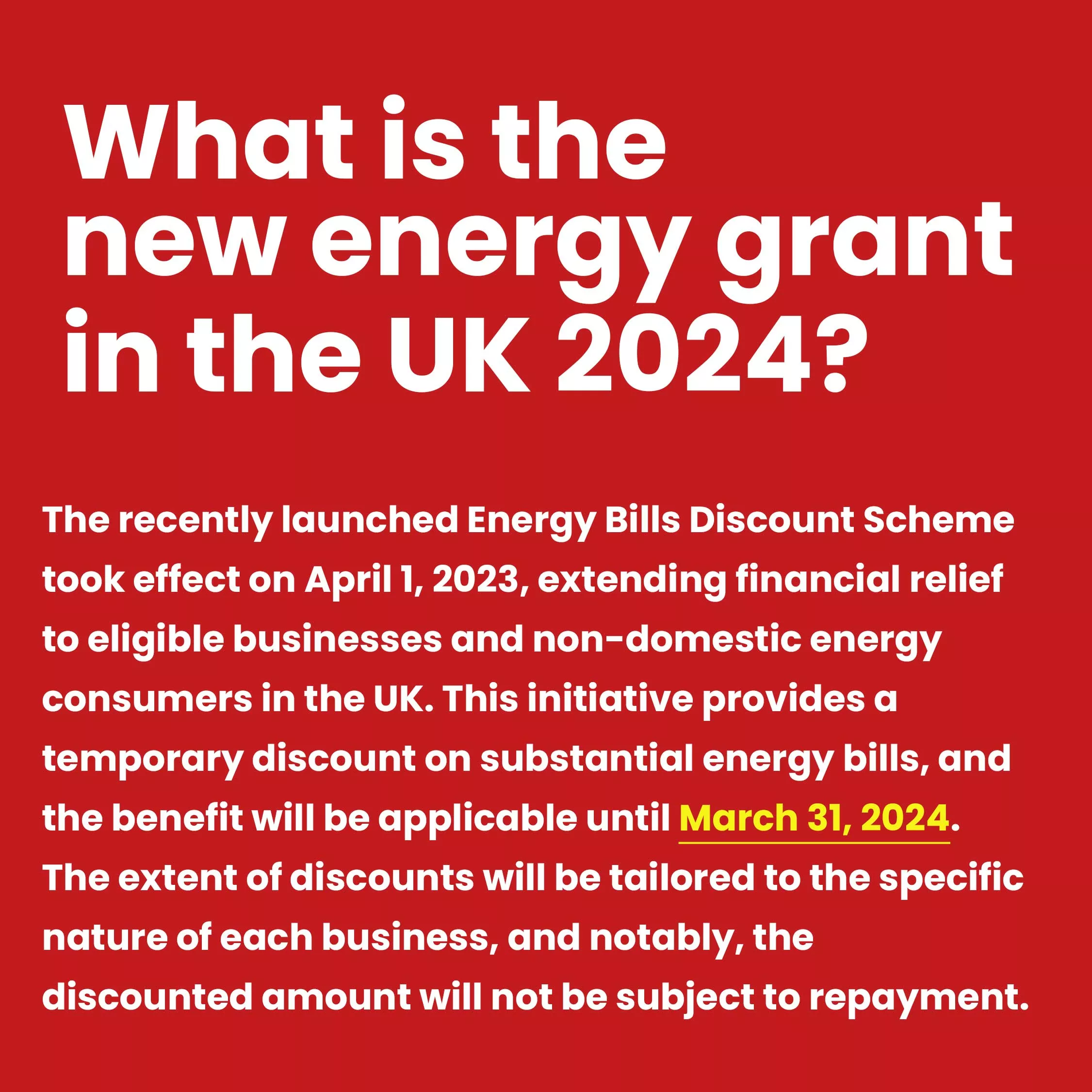The United Kingdom is committed to achieving its ambitious climate goals and fostering a more sustainable future through various energy efficiency and low-carbon technology grants introduced in 2023. These financial aids are designed to support homeowners, landlords, and local authorities in reducing energy consumption and transitioning to renewable energy sources. Here, we delve into the details of the key grants available and their impact on the country’s path to net-zero emissions.
Boiler Upgrade Scheme
The Boiler Upgrade Scheme (BUS) represents a significant initiative aimed at reducing carbon emissions associated with traditional heating systems. Launched in 2023, this scheme provides substantial financial assistance to homeowners and businesses upgrading their old gas or oil boilers to air source heat pumps, ground source heat pumps, or biomass boilers.
Key Features:
- Eligibility: Homeowners and landlords can apply for this grant, provided their property meets the scheme’s criteria. Businesses and non-domestic entities may also qualify under certain conditions.
- Financial Support: The grant covers a portion of the installation costs for qualifying systems, significantly lowering the upfront investment required for upgrading to energy-efficient heating solutions.
- Benefits: Adopting these technologies not only reduces greenhouse gas emissions but also leads to lower energy bills and enhanced comfort.
Home Upgrade Grant
The Home Upgrade Grant (HUG) is designed to improve the energy efficiency of low-income households and those living in fuel poverty. This grant focuses on enhancing the energy performance of homes through a variety of measures.
Key Features:
- Eligibility: Primarily aimed at low-income households and private rental tenants, the grant targets homes with low energy performance ratings.
- Financial Support: The grant provides financial backing for measures such as insulation, heating system upgrades, and renewable energy installations.
- Benefits: By improving home insulation and energy systems, residents can enjoy warmer homes and reduced energy bills, contributing to overall energy conservation.
Sustainable Warmth Competition
The Sustainable Warmth Competition supports local authorities and community organizations in delivering energy efficiency improvements to eligible homes. This competitive grant is focused on fostering innovative solutions for sustainable home upgrades.
Key Features:
- Eligibility: Local authorities, community organizations, and other public bodies can apply. Projects must focus on delivering significant energy efficiency gains and reducing carbon footprints.
- Financial Support: The competition provides funding for a range of energy-saving measures, including advanced insulation techniques and renewable energy technologies.
- Benefits: Successful projects contribute to community-wide energy savings and support the broader goal of reducing regional carbon emissions.
Social Housing Decarbonisation Fund
The Social Housing Decarbonisation Fund (SHDF) targets the decarbonization of social housing stock. This fund is essential in ensuring that social housing providers can enhance the energy performance of their properties.
Key Features:
- Eligibility: Social housing providers, including local authorities and housing associations, are eligible to apply for this fund.
- Financial Support: Grants are available for large-scale retrofit projects involving insulation, heating upgrades, and renewable energy systems.
- Benefits: Upgrading social housing not only improves living conditions for tenants but also aligns with national decarbonization targets, driving substantial reductions in emissions.
Energy Company Obligation
The Energy Company Obligation (ECO) is a government scheme that mandates energy suppliers to support low-income and vulnerable households in making their homes more energy-efficient.
Key Features:
- Eligibility: The scheme targets low-income households, including those in receipt of certain benefits or living in energy-inefficient homes.
- Financial Support: Energy suppliers are required to fund measures such as insulation and heating system improvements, ensuring that eligible households receive the necessary upgrades.
- Benefits: The ECO scheme helps reduce energy bills for vulnerable households, enhances home comfort, and contributes to the reduction of overall energy consumption.
Great British Insulation Scheme
The Great British Insulation Scheme aims to tackle poor insulation in homes across the UK, providing grants to homeowners and tenants for comprehensive insulation upgrades.
Key Features:
- Eligibility: Homeowners and tenants residing in properties with inadequate insulation can apply for this grant. The scheme is particularly focused on homes with poor energy performance ratings.
- Financial Support: Grants cover the cost of various insulation measures, including loft insulation, cavity wall insulation, and external wall insulation.
- Benefits: Enhanced insulation leads to significant reductions in heating costs, improved home comfort, and lower carbon emissions.
Conclusion
The energy grants introduced in the UK in 2023 represent a crucial step towards achieving the nation’s climate goals and enhancing energy efficiency across various sectors. By providing substantial financial support for upgrading heating systems, improving home insulation, and adopting renewable energy technologies, these grants are designed to make a meaningful impact on reducing carbon emissions and fostering a sustainable future.
For homeowners, landlords, and local authorities, these grants offer valuable opportunities to invest in energy-efficient measures that not only reduce energy bills but also contribute to the broader goal of achieving net-zero emissions. Engaging with these grants ensures that we are not only making our homes and communities more energy-efficient but also playing a vital role in addressing climate change and building a greener future for generations to come.



